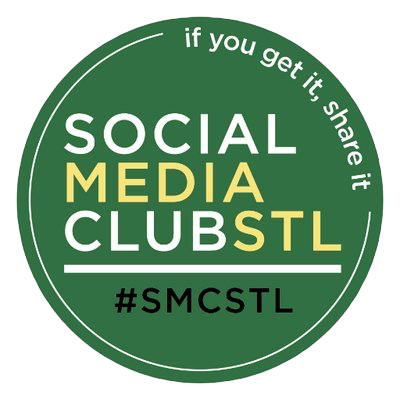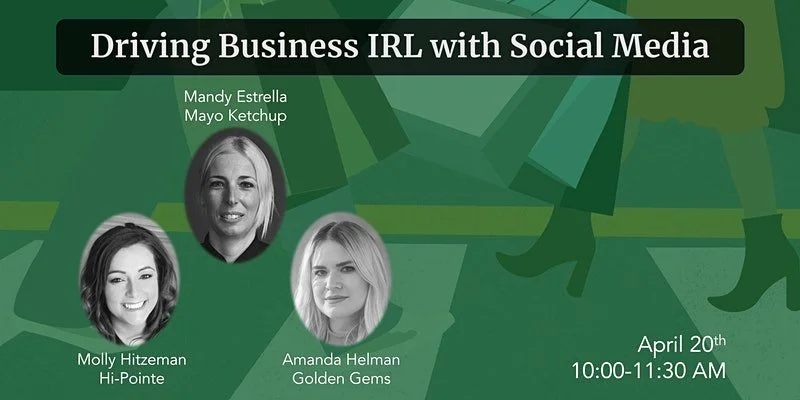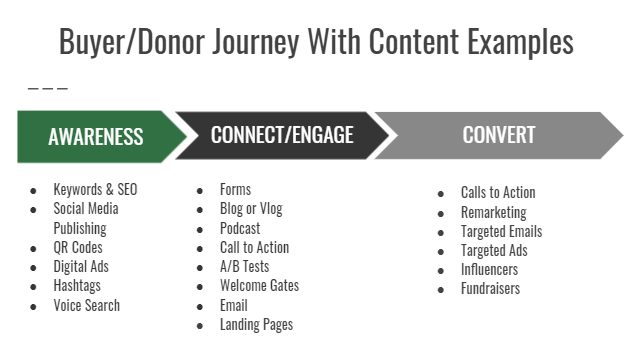We all know that 2020 was kind of a wash, particularly for aspiring entrepreneurs. The global pandemic coupled with local political unrest meant most of us threw up our hands and decided to wait to start our businesses. Well, your wait may be over. Now’s a great time to get started, but there are a few things you want to do first, outlined here by the Social Media Club St. Louis.
Start With A Plan
You can’t go into business without a plan. While you might think it’s enough to simply know what you want to do, you will have a better chance of capturing investor attention if you have a business plan in place. Be sure to include some of the essentials, including your mission statement, executive summary, breakeven analysis, and timeline.
Your business plan will also include a marketing and competitive analysis, which Brandwatch explains is essentially the process of researching your competitors to know how you stack up against them. This is a crucial component of your business, particularly in the early days. Failure to know what you’re going up against makes it that much more likely that you won’t have the products and services your potential customers want.
Marketing and Social Media
A good marketing strategy has always involved knowing how your product or service will meet one or more needs of consumers and implementing advertising toward the appropriate population. Nowadays this includes social media, a must for any entrepreneur serious about tapping the 4.66 billion internet users and the 4.2 billion social media users. Running a social media campaign isn’t rocket science; you can use programs online like those from Adobe that, for instance, allow you to use a free, editable Instagram post generator to stay active on that platform with minimal time investment.
Get A Grip On Your Cash Flow
One of the first things you need to manage a company’s finances is an accounting program. Look for a software that lets you create custom invoices faster with these batch-processing features: expedient invoice entry, ability to duplicate previous invoice, and invoice duplication for multiple clients. By streamlining the invoicing process, you’ll save man hours, payroll, and frustration.
Outside of your accounting software, it can also help to use a dedicated bank account for business purposes. Most banks have, at minimum, the ability to download and organize your transactions. But, you might also consider a more tech-savvy financial institute that offers more online services, such as team management and virtual bank cards, that help you make the most of your money. Look for a bank that utilizes API (Application Programming Interface) that allows you to integrate with other software and share data with partner companies.
Why Now?
It’s only natural to feel reluctant when stepping out of your comfort zone on the heels of a major crisis. The pandemic was no different. But, there are plenty of reasons that starting your own business now is a good decision. First are the traditional reasons: you’ll be your own boss, you get to be creative, and your commute is up to you. HR services directory and news blog Onrec also points out that working for yourself means having financial freedom -- if you’re willing to put in the work.
Another compelling reason to enter into the startup phase after the pandemic: COVID business closures. While nobody wants to see anyone else fail, the mass exodus of entrepreneurs in 2020 leaves a lot of market space open for those of us brave enough to make 2021 our launch year. Something else here that puts you in a great position is that these businesses have likely or will soon sell off raw materials and equipment. This means you have a great opportunity to buy what you need to get going at much less than retail. Your business will start out with less debt, so you can head straight toward a profit.
There are many, many other moving parts that go into starting a business. But, those above, including writing a business plan and getting an early handle on your finances, will put you in a better position to capitalize on the market that is almost certainly ready to bounce back from the economic crisis brought on by a virus.
Social Media Club St. Louis provides valuable tools and education to help local marketers, storytellers and business leaders amplify their voices in the increasingly crowded digital sphere. Find out more today!






